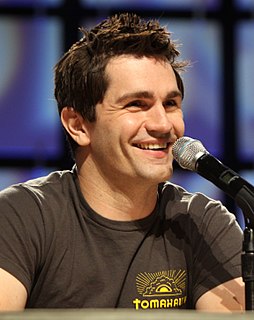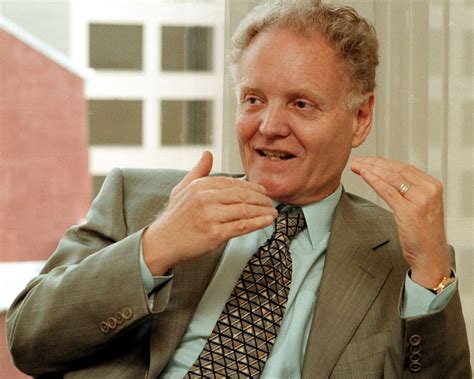A Quote by Cass Sunstein
I started to read as obsessively about Star Wars as I once did about Kant - and still do about behavioral economics and behavioral psychology.
Quote Topics
Related Quotes
How should the best parts of psychology and economics interrelate in an enlightened economist's mind?... I think that these behavioral economics...or economists are probably the ones that are bending them in the correct direction. I don't think it's going to be that hard to bend economics a little to accommodate what's right in psychology.
Drugs are about dulling perception, about addiction and about behavioral repetition...What *psychedelics* are about is pattern- dissolving experiences of an extraordinarily high or different awareness. They are the exact opposite of drugs. They promote questioning , they promote consciousness, they promote value examinations, they promote the reconstruction of behavioral patterns.
There is behavioral ecology, which looks closely at the difference different ecologies make to behavior and other features of animals and humans. There's evolutionary individual psychology, there's evolutionary social psychology. In Darwin's terms, evolution couldn't exist without variation, and variation is important in behavioral genetics. And so on, and so on. There are so many instances in which evolution actually sharpens the precision, I think, with which one can find out the importance of differences. We're interested in differences as well as commonalities.
Obi-Wan understands that the best thing he can do is contribute something positive to the world around him and then to leave. And if he does that, he will in some ways live forever because the good influence of what he did will be felt. It may sound corny but that's kind of the way I feel about contributing to Star Wars characters. It isn't about me. It's about the story. It's about the mythology of Star Wars and the moral implications of that mythology.





























